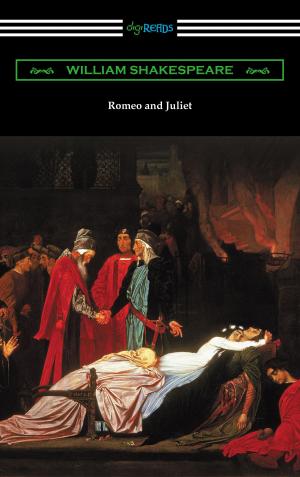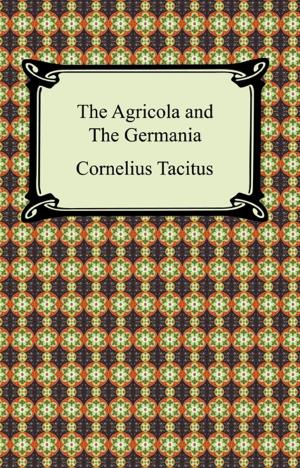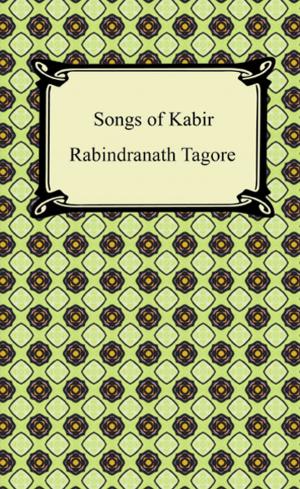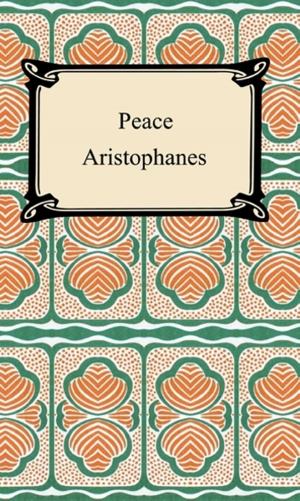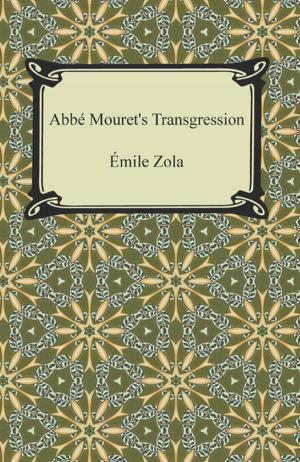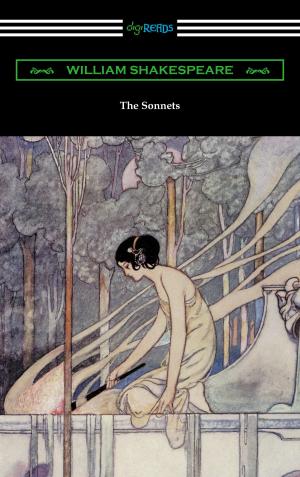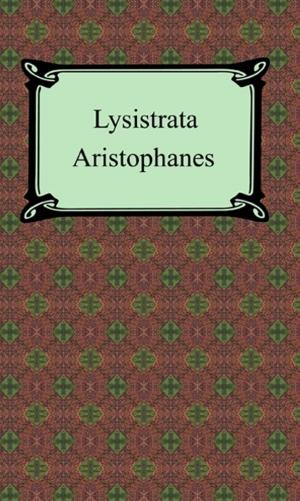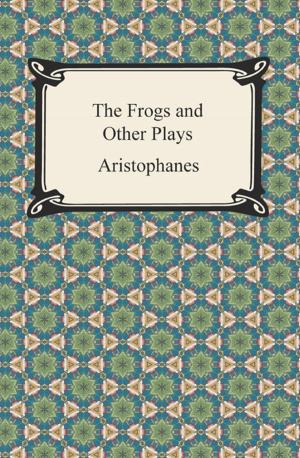A Treatise on Fishing, The Walnut Tree, Consolation to Livia, and Other Spurious Works
Nonfiction, Religion & Spirituality, Philosophy| Author: | Ovid | ISBN: | 9781420951004 |
| Publisher: | Neeland Media LLC | Publication: | December 15, 2009 |
| Imprint: | Digireads.com Publishing | Language: | English |
| Author: | Ovid |
| ISBN: | 9781420951004 |
| Publisher: | Neeland Media LLC |
| Publication: | December 15, 2009 |
| Imprint: | Digireads.com Publishing |
| Language: | English |
The Roman poet known to the English speaking world as Ovid is best known for his work Metamorphoses, a mythological epic which chronicles the history of the world from its creation to the deification of Julius Caesar. Widely considered as one of the most important authors of Latin literature, Ovid produced an extensive body of work. Some of these works have been lost to history and in the case of the works of this volume have a doubtful attribution to the author. "Halieutica" or "A Treatise on Fishing," "Nux" or "The Walnut Tree," and "Consolatio ad Liviam" or "Consolation to Livia" are amongst the works that at one time were contributed to Ovid but are now considered to be spurious. These works are presented here in this volume in an English prose translation by Henry T. Riley. "A Treatise on Fishing" is a short work which as one would assume details the manner and method by which fish might be caught. The Walnut Tree is a monologue spoken by a walnut tree urging a group of young boys not to pelt her with stones in order to get at her nuts. "Consolation to Livia" is a consolation to Augustus' wife Livia on the death of her son Drusus. Also included in this volume are a handful of fragmentary works. While the attribution of these works may be in doubt their inclusion in the corpus of Ovid provides meaningful insight into the scholarship of the author.
The Roman poet known to the English speaking world as Ovid is best known for his work Metamorphoses, a mythological epic which chronicles the history of the world from its creation to the deification of Julius Caesar. Widely considered as one of the most important authors of Latin literature, Ovid produced an extensive body of work. Some of these works have been lost to history and in the case of the works of this volume have a doubtful attribution to the author. "Halieutica" or "A Treatise on Fishing," "Nux" or "The Walnut Tree," and "Consolatio ad Liviam" or "Consolation to Livia" are amongst the works that at one time were contributed to Ovid but are now considered to be spurious. These works are presented here in this volume in an English prose translation by Henry T. Riley. "A Treatise on Fishing" is a short work which as one would assume details the manner and method by which fish might be caught. The Walnut Tree is a monologue spoken by a walnut tree urging a group of young boys not to pelt her with stones in order to get at her nuts. "Consolation to Livia" is a consolation to Augustus' wife Livia on the death of her son Drusus. Also included in this volume are a handful of fragmentary works. While the attribution of these works may be in doubt their inclusion in the corpus of Ovid provides meaningful insight into the scholarship of the author.
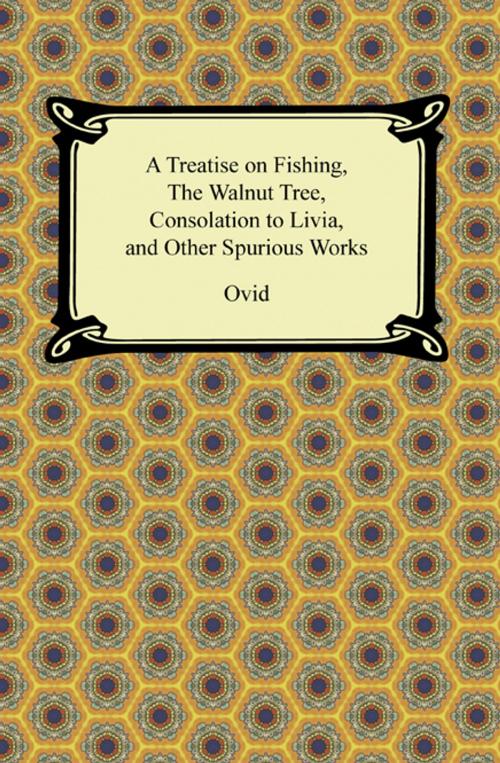
![Cover of the book Dante's Purgatorio (The Divine Comedy, Volume II, Purgatory) [Translated by Henry Wadsworth Longfellow with an Introduction by William Warren Vernon] by Ovid](https://www.kuoky.com/images/2017/may/300x300/9781420954968-2oRA_300x.jpg)
